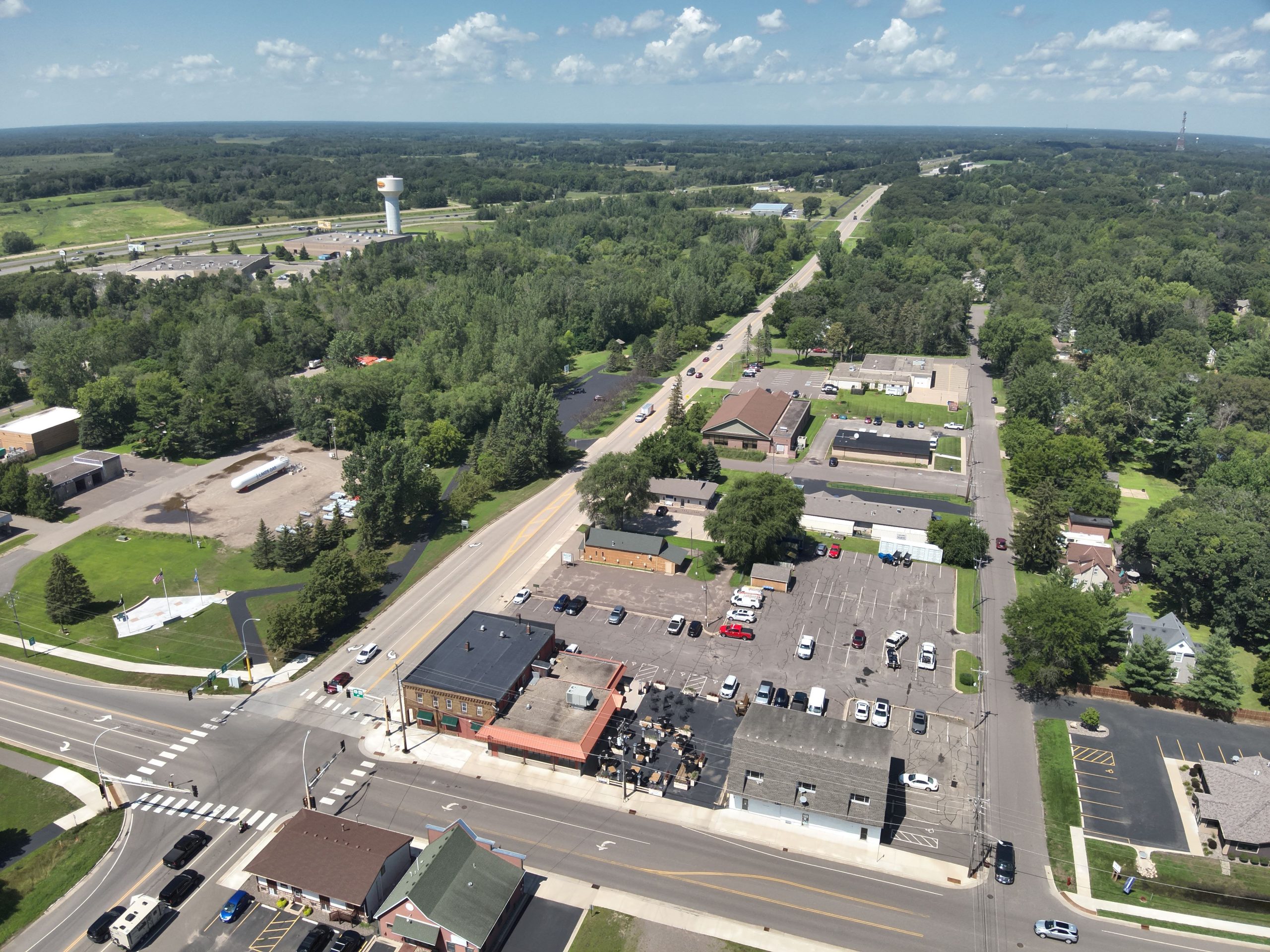Newington, CT
With high-confidence data in hand, Newington moved from reactive fixes to a proactive, transparent program that aligns work with resident needs, safety, and high-use corridors.

Newington, CT Infrastructure Assessment
Summary
- 105 roadway miles scanned with LiDAR and AI; actionable results delivered June 16, 2025
- Weeks-not-months delivery accelerated repairs, budgeting, and scheduling for residents’ benefit
- Data-driven, defensible paving plan reduced complaints and improved everyday safety
Problem
Newington struggled to see true pavement conditions across its network because staff relied on outdated and inconsistent data that did not match what crews saw on the street. Without current, accurate information, the team found it hard to build defensible paving plans and often played defense to resident complaints, with people asking, "Why not my road?" in public meetings. The lack of a clear prioritization method made budgets hard to justify, slowed work scheduling, and kept the city reactive instead of proactive.
Solution
Newington chose Cyvl to rapidly survey the entire network using vehicle-mounted LiDAR and sensors, scanning 105 roadway miles in days. Cyvl’s Infrastructure Intelligence platform used AI to transform raw scans into detailed, actionable pavement condition data, network and block-level condition scores, prioritized repair lists, and clear reports that leaders could share. Delivered on June 16, 2025, the analysis provided defensible plans that helped the city make fast, confident decisions and move projects into construction sooner.
Impact
With high-confidence data in hand, Newington moved from reactive fixes to a proactive, transparent program that aligns work with resident needs, safety, and high-use corridors. The city assembled a multi-year paving plan in weeks instead of months, shortening the time between data collection and project implementation so residents see improvements faster. Clear condition scores and cost scenarios made it easier to secure support, schedule crews efficiently, and explain decisions to the community.
- 105 roadway miles assessed with defensible condition scores and prioritized repair lists that crews can act on immediately
- Weeks-not-months turnaround—data delivered June 16, 2025 enabled summer paving to start sooner
- Noticeable reduction in 311 complaints as residents see clear timelines, maps, and visible progress on the streets
- Safer, smoother trips for drivers, cyclists, and school buses as the most urgent segments are addressed earlier
- Budget allocation, public communication, and work scheduling are now EXTREMELY EASY with trusted data guiding every step
- Faster pothole response and fewer flat tires due to targeted maintenance before failures spread
- Town meetings run smoother with visual reports that answer "Why this road now?" and show the plan for what’s next




-%20logo%20(unpadded).png.png)